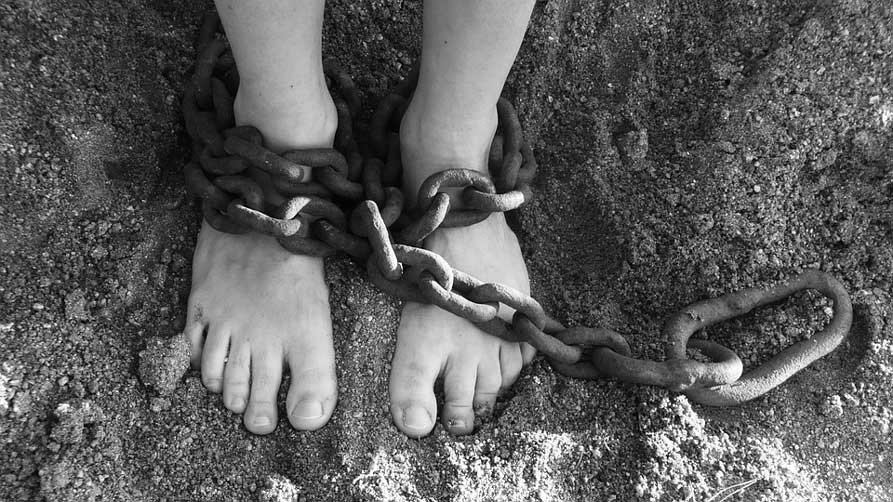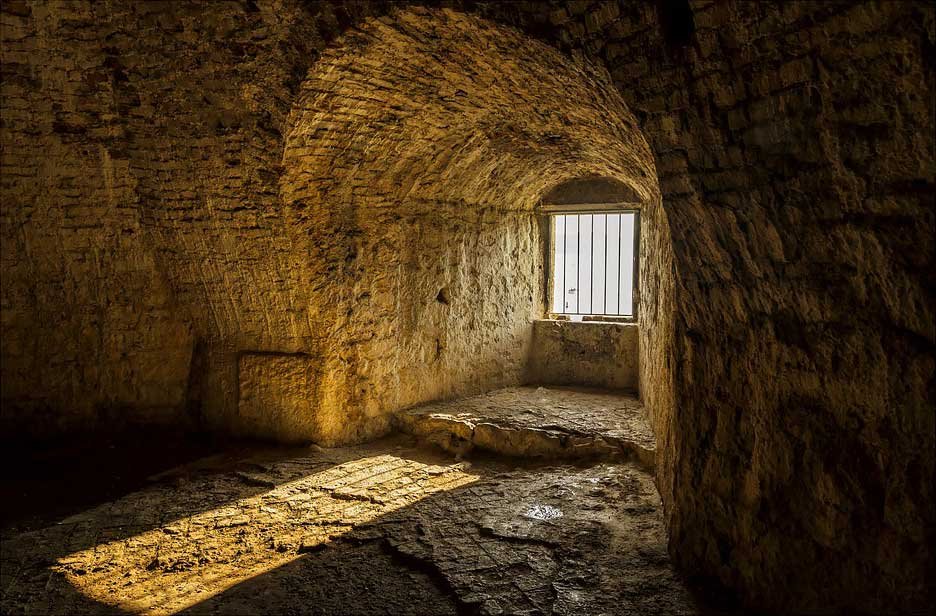A private prison is a facility in which the government pays a third party to hold convicts. It’s known as a for-profit prison.

Private prison companies and government institutions usually agree to exchange prisoners for each prisoner in the facility and each available space, regardless of whether it is occupied. They make payments on a daily or monthly basis.
Using only private prisons, the government becomes free of its many responsibilities in preference to a private corporation.
In prison, the government is in control of convicting, assessing, and distributing convicts to prisons and providing oversight rather than the prison’s daily activities. That poses the question of how much do private prisons make per inmate.
Sounds interesting! Let’s get to the point!
How Much Do Private Prisons Make Per Inmate?
Privately run prisons are common in the United States of America, New Zealand, and Australia. Although prison construction and operation contracts the British government from the early 1990s to private sector businesses. To deal with overcrowding in the prisons and several prison services are private.
Private infrastructure houses less than 5% (52,370 inmates) of the total 1.2 million inmates in the United States. According to research on the effects of private prisons, performance on costs, safety, better, and prison conditions.
In July 2021, it was reported that with almost 2.1 million inmates in prison, the United States had the greatest number of imprisoned prisoners in the world. China, Brazil, India, and the Russian Federation after the United States.
It’s reported that between 80,000 and 85,000 prisoners are in prison in England and Wales. However, the number of elderly inmates has increased, with the number of prisoners over 60 growing from 3,015 in 2011 to 5,082 in 2019. Private prisons now hold around 15% of the inmate population.
Who Pays For Private Prisons
It is a better option for the former to run the private prison. The municipal, state, or federal governments are the owner of this non-profit organization. The company gets into a contract with the government to generate money as a private prison.
They also operate the funding. Government contracts sustain private prisons, and most of these agreements depend on the number of convicts and the average duration of stay. It should specify the foundation for payment to the corporation in this contract.
How Do Private Prisons Make A Profit?
Profit is the ultimate aim of the private company. The company receives a contract with the government in order to earn money as a private prison. They should specify the source for payment to the corporation in this contract, and the amount depends on the size of the prison, while in others, they base it on the number of convicts.
If a private prison can “raise the price” the cost of care for a prisoner by $50 per day means a prison with 1,000 convicts could hypothetically make $50,000 per day. By building a new prison in a nearby state, they might make an additional $50,000 each day. Publicity will help them get the money required to construct the second prison.
As per research company IBISWorld, private correctional institutions were a $4.8 billion business last year, earning $629 million. This sector has about 400 companies, according to IBISWorld’s estimate. The major participants are Corrections Corporation of America and GEO Group Inc.
CCA and GEO reported yearly sales of $1.6 billion and $1.7 billion, respectively, in their most recent annual reports. According to OpenSecrets.org statistics, the two corporations spent $8.7 million on lobbying activities between 2010 and 2015.
If the government wants to use the facilities of a private prison, it can do so by charging $150 per day for each detainee. When it comes down to it, the government will agree to these conditions if the $150 is lower than if they publicly managed the prison. That distinction is where all the private prisons earn their money.
How Much Do The CEO’s Of Private Prisons Make Per Inmate?
Much of the growth of the private prison sector is because of the belief that private corporations can save governments money by imprisoning individuals for less. As a result, pay at the top is not being cut.
While it comes to Securities and Exchange Commission records, the CEO of one of the world’s largest private prison companies. The companies received $22 million in pay during 2008 and 2012.
George Zoley named America’s highest-paid “corrections officer” in a new report from the Center for Media and Democracy. In a survey, it ranked the private sector in the world’s highest “government workers”.
Last year The company adopted a tax-cutting profit that soared by 56 percent. In 2012, the company’s earnings rose from $2.8 million in 2008 to over $6 million. Some of the fellowship senior decision-making made between $1 million and 1.5 million dollars a year.
Likes GEO and other private corporations are a little motivated to invest in inmate security and renewal. They linked it to the profit not only on the backs of taxpayers and the backs of the criminal justice system.
According to reports, the business has prominence as a provider of inmate misuse, breaking, and misleading reporting and a complete disdain for the principle of inmates.
The U.S. prison population is vast, and despite federal and state sentencing transforms, private prison companies have a sustained source of prisoners owing to exact quotas.
Conclusion
A pertinent question is how private prisons generate money. However, the essential issue that the government must tackle is the well-being of convicts. For-profit or private prisons exist for financial benefit. That is their prime priority.
That means there’s a good and bad side to having a private prison. The good side is that it can operate at a lower cost, control the overcrowding population, and provide community jobs.
On the other hand, there is no convicts’ safety; they only provide services. However, the veils have fallen off most states’ eyes. If the private company can maintain standard support, then the aim is useful; it will not be helpful if they can’t.













Pingback: Are Private Prisons Cheaper? Why Are Private Prisons Cheaper?
Pingback: What are Private Prisons? The Pros and Cons of Private Prisons
Pingback: The Cost of Private Prisons vs Public Prisons in 2021
Pingback: How do Prisons Make Money for the Government?
Pingback: How Many Prisons are Privately Owned in the US in 2021